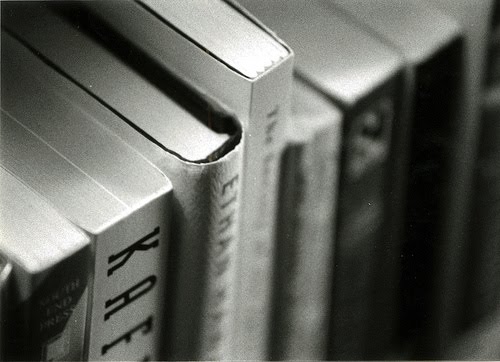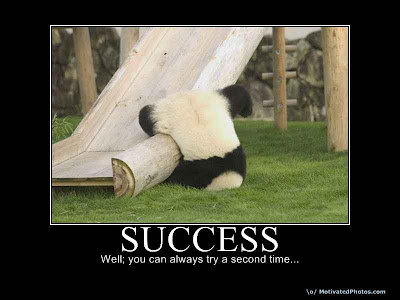

Thursday, September 30, 2010
Tears and Sweat

Monday, September 27, 2010
Losing with Filming
Yet, when books are made into films, that entire experience is lost. Making your own story from what the books outline, picturing what certain things look like, whether it be scenery, actions, or even the characters. In movies, everything is laid out for you. Whether it be for the better, or most often, for the worst. Movies take away the luxury of being able to imagine what this or that would be like if it were for real. No two people think exactly the same, so the director will most likely not create an exact feeling that the certain book did. And even if they do a pretty good job, what about the actors? The actors are not exactly the people in the book, and could never look exactly like how you imagined they would look like, or act.
I was thinking about this when I watched the interview of the director for the full-versioned Hamlet. Will this director create a portrait of the book with a deep insight into what people read between the lines? Will he discover what these characters should look like, and what they should express for the audience? I have not read Hamlet before, and ignorantly do not know the story either, so I do not know the exact opposition the director is facing when he created the film. Is it a difficult Shakespear creation, that seems to only come alive with words? Or can it be presented in a film? We will have to see...
Friday, September 17, 2010
The End
If At First You Don't Succeed...

Tuesday, September 14, 2010
Understanding the Inner Sounds
Monday, September 13, 2010
The Cheerleader
Sunday, September 12, 2010
Sharing & Helping Without Expecting Something Back
Saturday, September 11, 2010
Nuclear Bomb Shelters
Thursday, September 9, 2010
Cannibalism
Cannibalism
Wednesday, September 8, 2010
Selflessness or Selfishness?
Lyf
Tuesday, September 7, 2010
Indulgences and Some Personal Complaints
448 I wol have moneie, wolle, chese, and whete,
449 Al were it yeven of the povereste page,
450 Or of the povereste wydwe in a village,
451 Al sholde hir children sterve for famyne.
452 Nay, I wol drynke licour of the vyne
453 And have a joly wenche in every toun. (The Pardoner's Tale - The Canterbury Tales)
What kind of a man is this? How could people actually follow the practices that were consuming the Church during this time? Did they not realize that it was evil?
This leads me to ask the question, will people do anything or follow anything as long as it is pleasant to the naked eye? Will they simply brush over the fine print, the grimy truth, and close their eyes to the obvious, just so that they can live the way that most pleases them? So are humans naturally evil, selfish, and corrupt? The history of Indulgences definitely supports this theory.
But humans can't be all that bad, look at all of the good we have done! When Haiti was in trouble, everyone gave money to help them out. When a child goes missing, family, neighbors, police men and so many others help to try to find him. We can do so much good, but it is only the bad that gets highlighted and remembered.
Which leads me back to another thought of mine. Literature only likes to depict the evil that goes on in the world! I haven't read one book that has told of a happy story and had a happy meaning throughout my time as a Literature student. It seems that only works that show the crudeness of human beings receive the deep analyzing and hype that is lacking in the reviews of the moral ones, if there are any.
Is happiness too cliche? Is it just boring and common? Personally, I love happiness; the happy ending, the happily ever after, the happy people, it gives me warm fuzzies inside and reminds me of the little marshmallows in hot
-chocolate. Why o
h why can't AP Literature have some of those books?